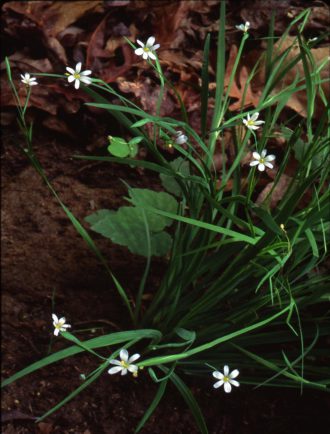On Nov. 18, nonprofit Conserving Carolina announced that it had entered a contract to buy an unused 19-mile rail corridor between Brevard and Hendersonville for conversion into a greenway. Backers hope the Ecusta Trail will become a regional draw for running and biking enthusiasts.











